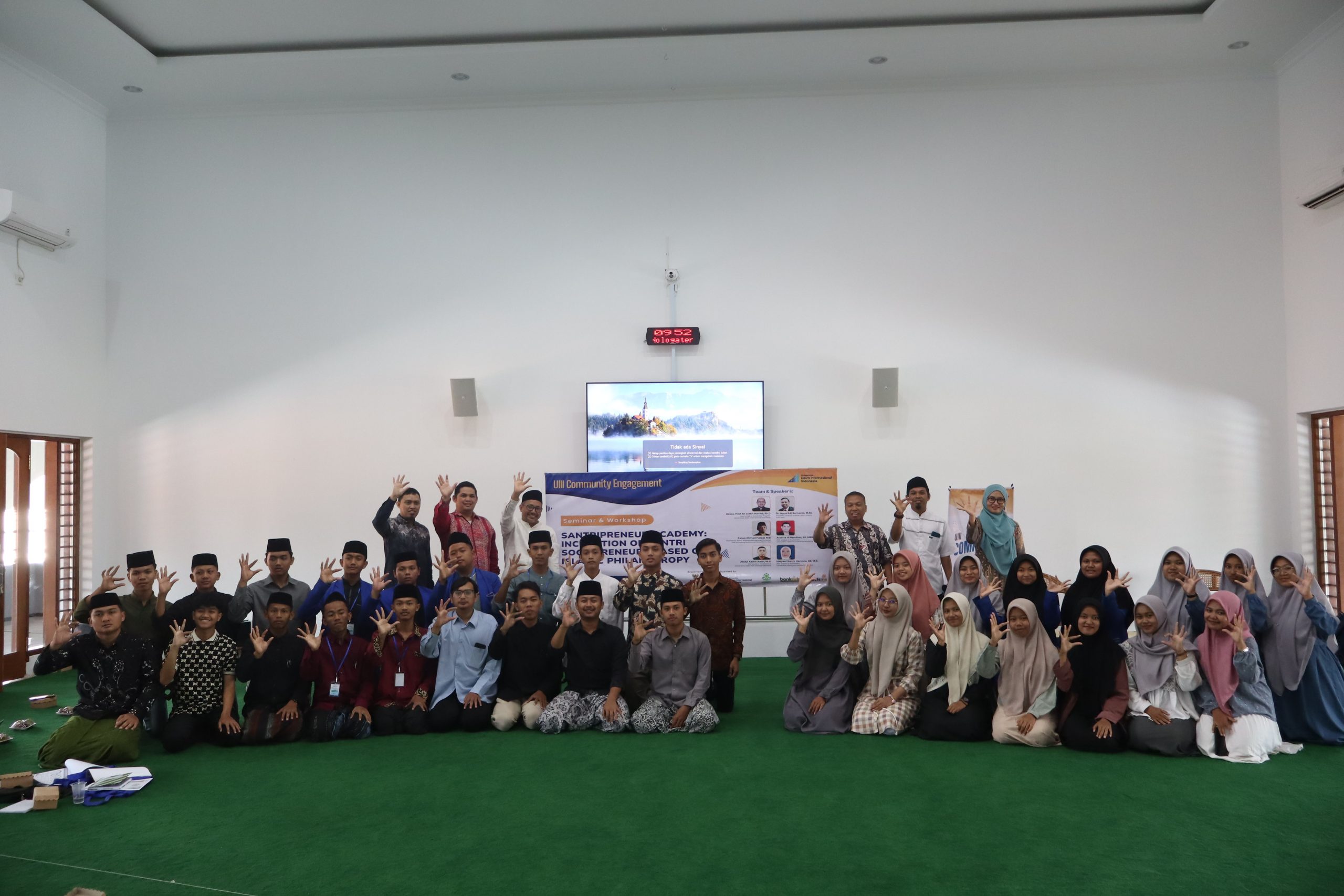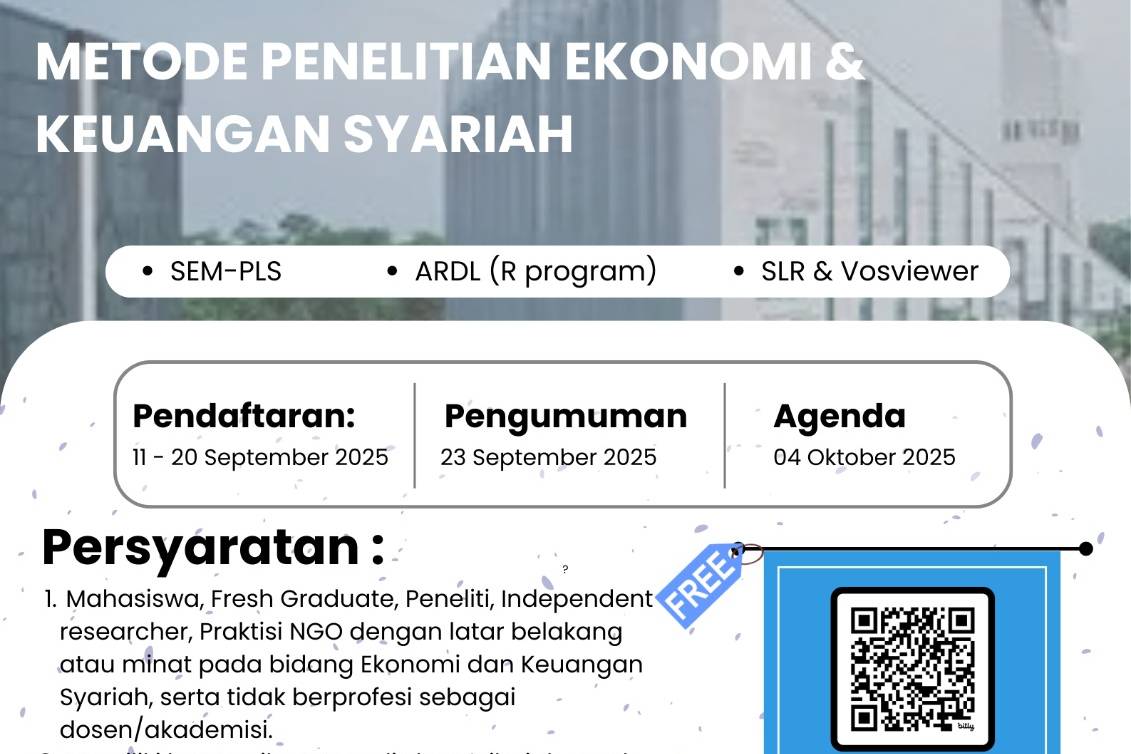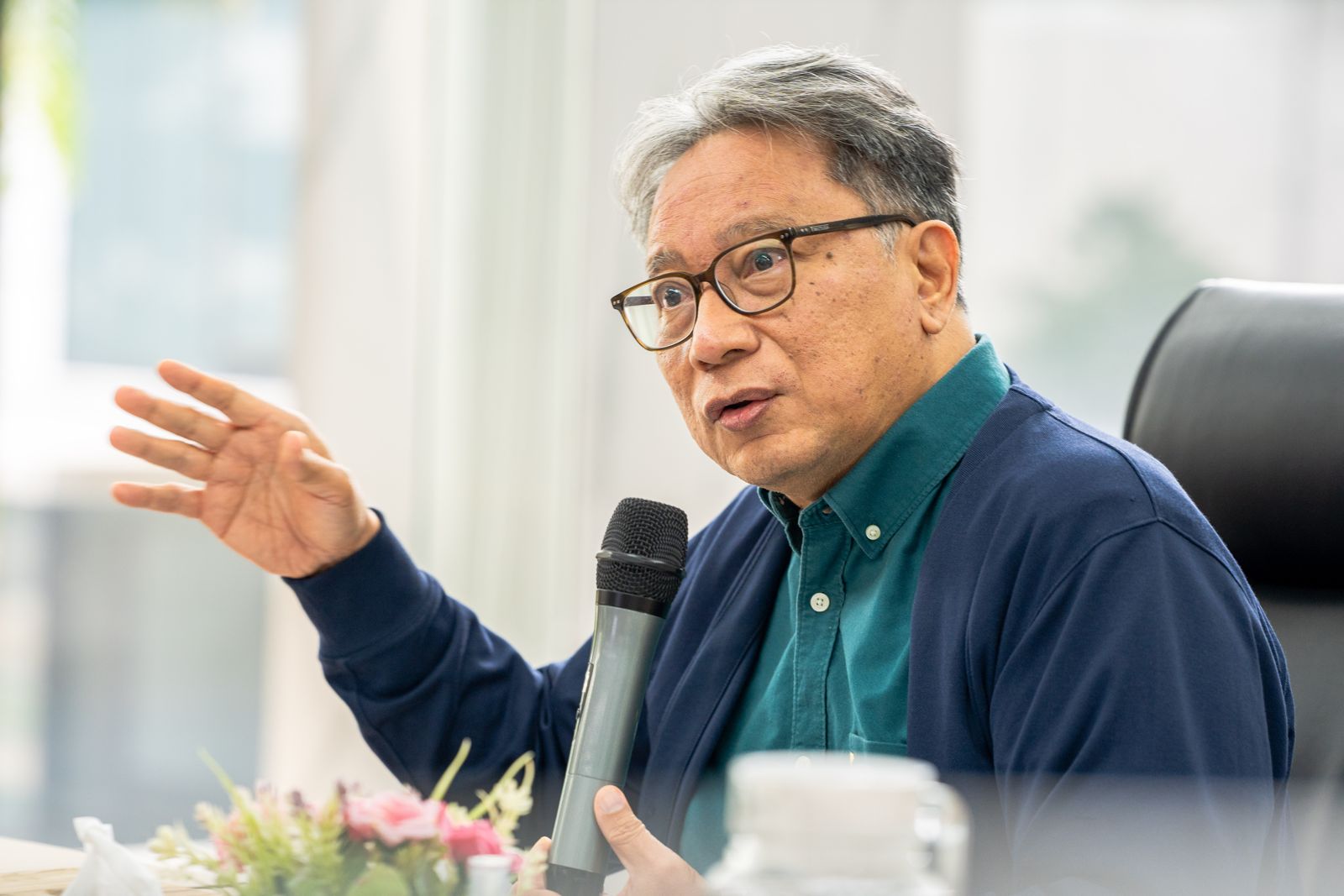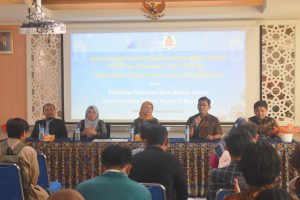
One of profound UIII’s missions aims for diplomatic purposes in which UIII becomes the door for students and lecturers worldwide to get to know Islam and Indonesia. Socialization, therefore, can be set as a foremost step for thousand milestones for UIII to accomplish the mission mentioned above since it will provide social, emotional, and cognitive capacity to people and academics, extending the branding of UIII’s existence. Prof. Dian Masyita, PhD dean of FEB UIII, visited UIN FEBI Mataram, Lombok on November 18th to socialize on UIII resulting in the MoU signing in the cooperation of research and other academic fields. In more detail, MoU provides FEB UIII students, especially foreign ones, to visit in-signed institutes to give lectures or join international students’ seminars/ programs such as short courses. This agreement would bring mutual benefits under the exchange of culture, knowledge and insight. First, it would ease UIN FEBI Mataram, maximizing the effectiveness of their international programs by having more international students from UIII partaking in the events. In other words, UIN FEBI Mataram could increase the internationalization program portfolio needed to improve the campus missions with a global outlook.
On the other hand, it is a prominent chance for FEB UIII international students to improve their academic understanding and expand their network. These students could learn about the breathtaking beauty, diversity and culture of the tribes or races, particularly in Indonesia’s centre and east sides, before returning to their own countries later. Prof Dian highlighted that UIII has an MWA board consisting of four ministers. One of them is the foreign minister that entrusts a diplomatic mission to UIII to introduce the rahmatan Lil ‘Alamin of Indonesia Islam amidst the rich and vast culture of different tribes in Indonesia with three time zones.
Furthermore, Prof. Dian Masyita, PhD stated that MoU would bridge the most exemplary students in these institutes to obtain an opportunity of studying at the graduate level with a UIII scholarship. Being assisted with, for example, but not limited to, how these institutes help their students to get ready for the scholarship application to UIII or shape the appropriate academic path as early as possible to prepare their students’ application well on the horizon. She emphasized that UIII could be the support system to provide the adequate atmosphere to deepen Islamic to traditional advanced economics knowledge. In addition, she explained that being surrounded by international colleagues would nourish a sense of tolerance and open-mindedness toward global diversity. Fully utilized, this opportunity will be a fundamental network bridge not only about insight and cultural exchange but on more collaborative projects to be assigned together after graduation in each own respected country of those students.
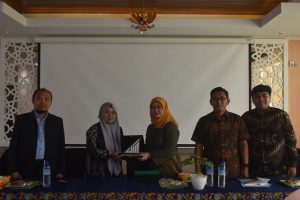
Through a competitive selection from administrative to interview, she briefly introduced that from the first cohort until the current one, there have been 1059 students who applied from 59 countries for master and doctoral studies with only around less than 200 awardees that got the scholarships. Nevertheless, she encouraged both students and lecturers of UIN FEBI Mataram to have an equal chance for this application, which correspondingly should make proper preparation as early as possible. In the second session, Anfaza Firmanzani, the staff of FEB UIII, depicted the coverage range of the scholarship and the format of learning activities to prospects of the graduates after the completion of the study.
